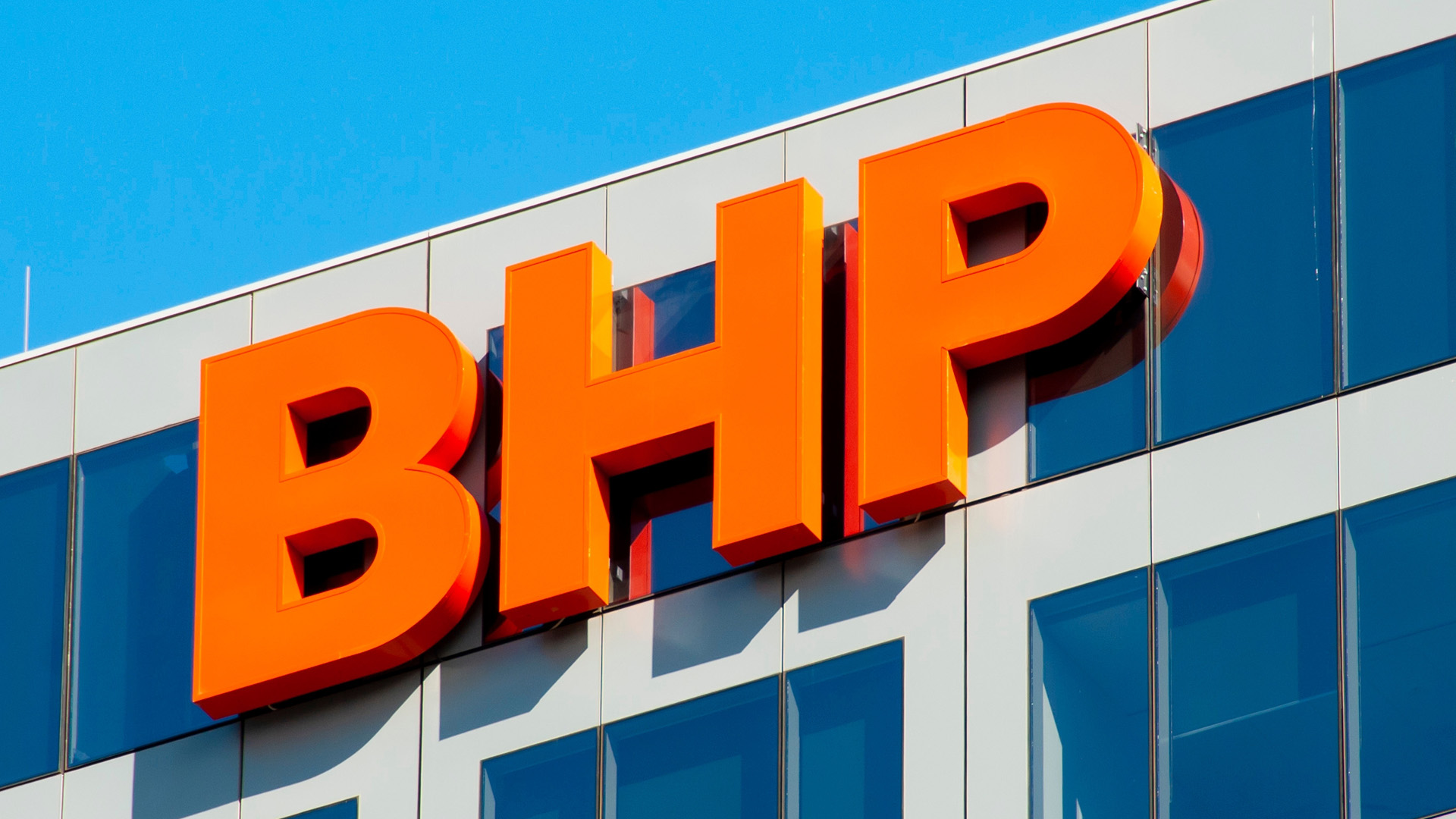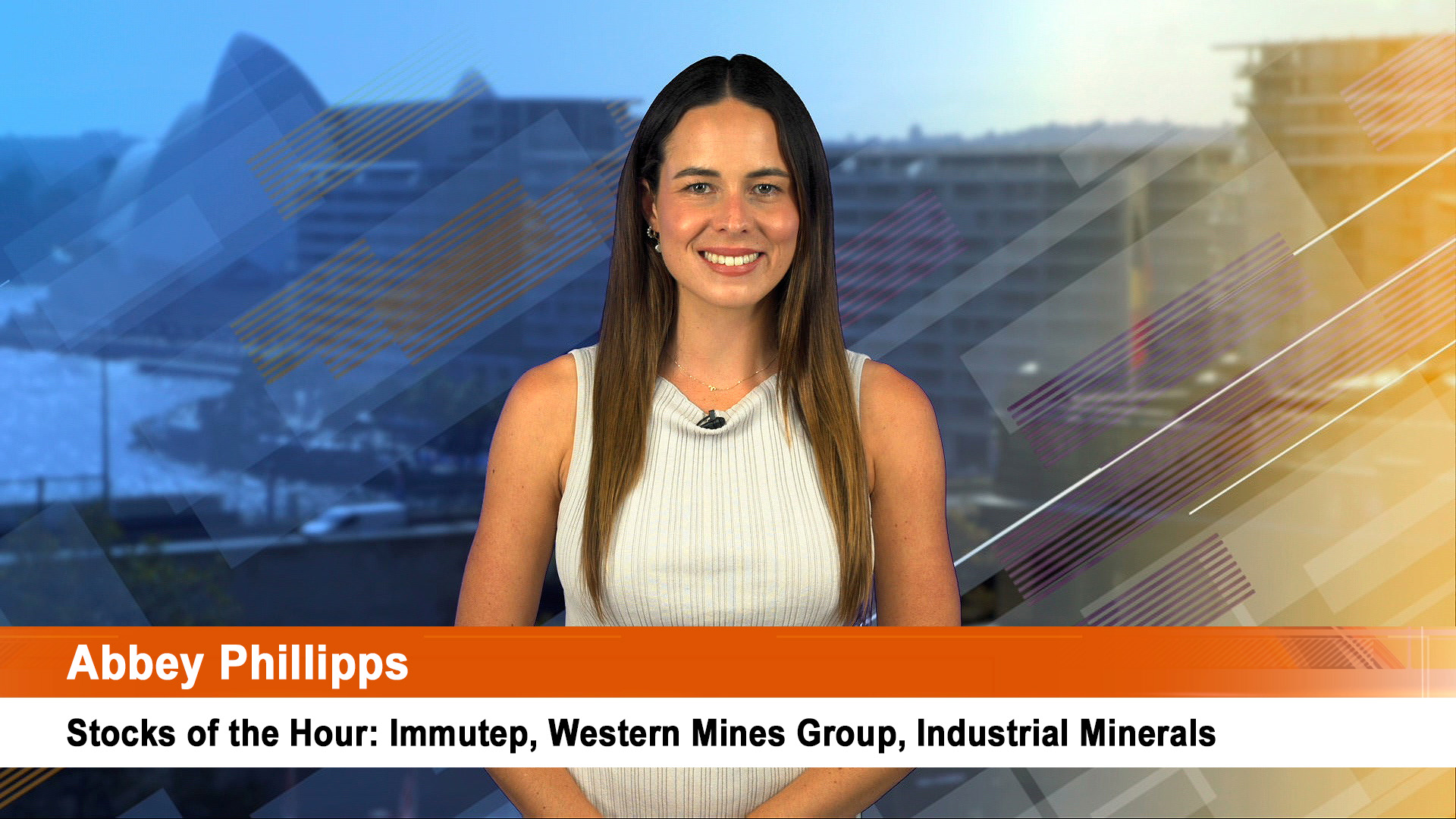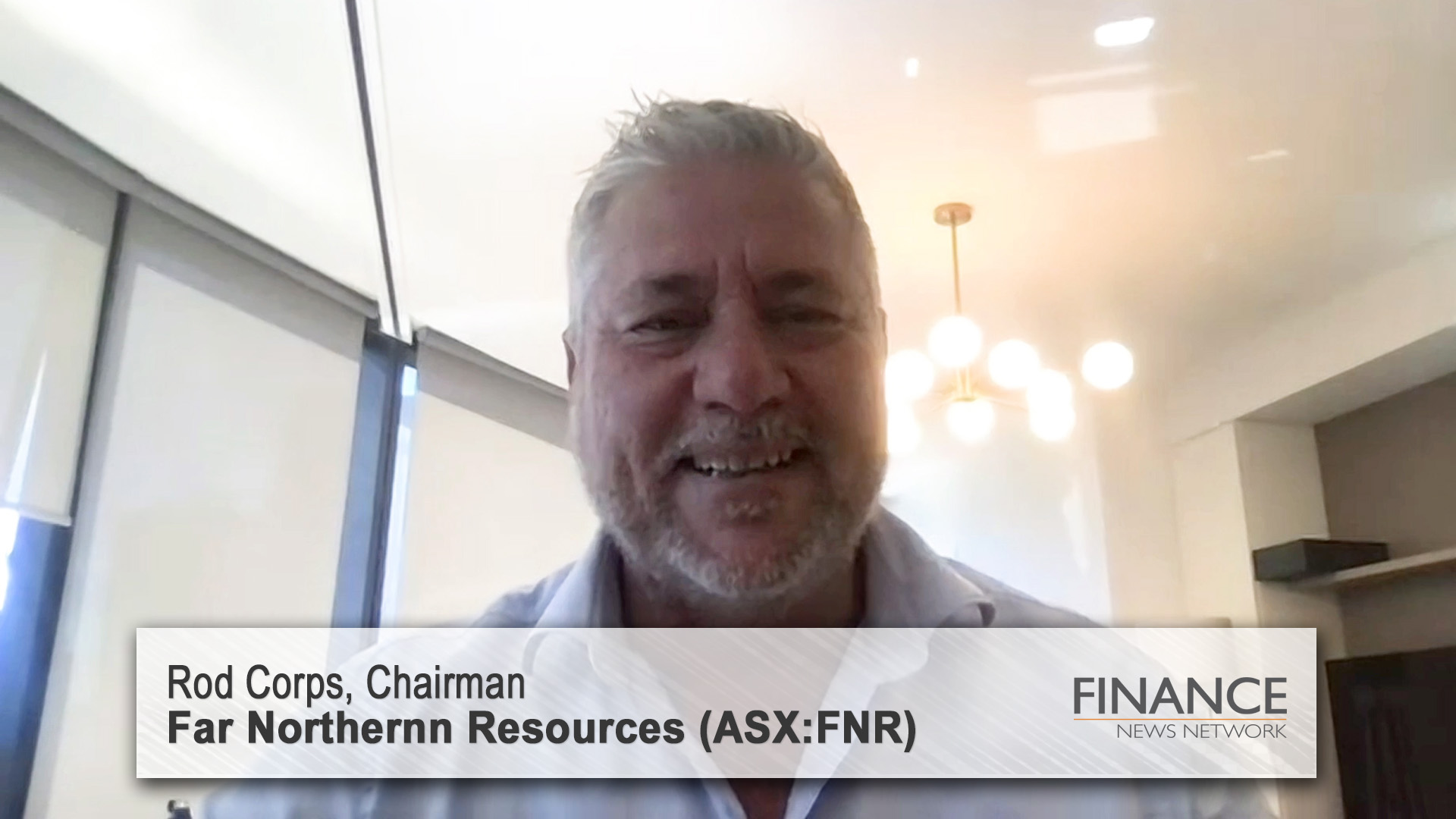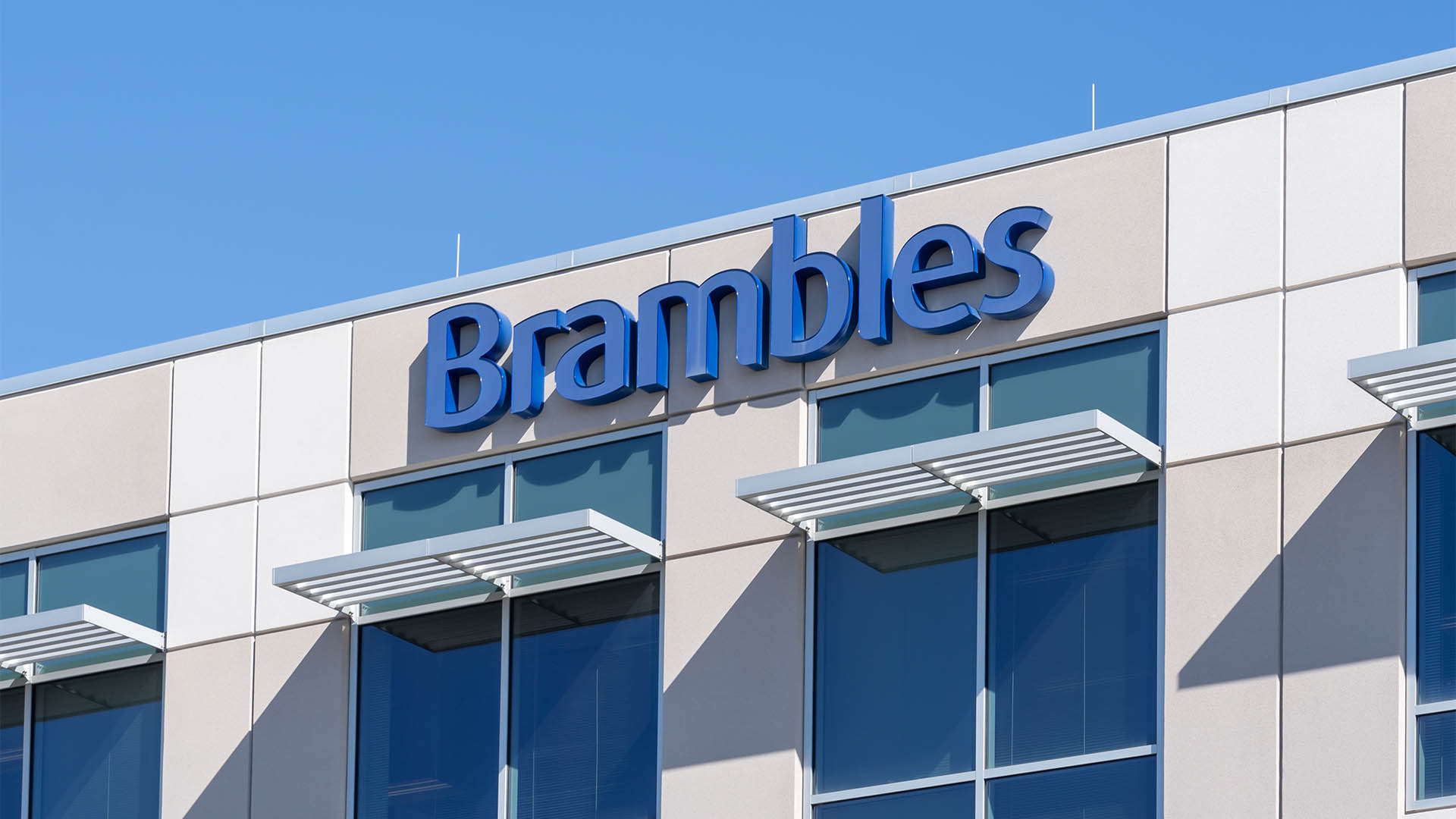The stock market yesterday was in turn concerned, enthused, and then cautious about the Commonwealth Bank and its money laundering charges.
CBA shares closed the day 0.8% higher at $81.52 after falling 3.9% on Friday and 4.6% over the week. Unlike Friday when the CBAs fall pulled the market down by 0.25%, yesterday’s small rise helped the market to end up 0.9% in a solid start to the week
CBA shares hit a high of $82 yesterday, a low of $80 a share before closing higher.
The other big banks though were as solid or more so with the ANZ closing up 1.1%, Westpac rising 1.3% and National Australia Bank up 0.8%.
Investors took differing views – some supportive of the bank, others sceptical and waiting to see what it says in its 2016-17 profit announcement and media conference tomorrow morning.
Fairfax Media reported two fund managers with differing views:
Investors have pointed out that Commonwealth Bank has long enjoyed a price-to-earnings premium, but that could now be in danger
“CBA probably doesn’t deserve that premium anymore," said Omkar Joshi, portfolio manager at Regal Funds Management. And the whole risk of changes in regulations has now increased, so I wouldn’t be buying CBA,” Fairfax reported.
But it pointed out that not everyone feels as negative about the stock’s prospects, nominating Anton Tagliaferro, investment director at Investors Mutual, as saying he did not think the scandal embroiling CBA would have a long term impact on the bank.
"I think it’s just a storm in a tea cup. The CBA’s a bank with a trillion dollar loan book, they have hundreds of millions of transactions a year going through the bank, and these things will happen from time to time," said Mr Tagliaferro.
“While conceding the allegations were “concerning” and not positive news in the short term, he said it needed to be put in perspective given the size of the bank,” Fairfax reported.. But Morgan Stanley analysts took a hardline approach to the CBA in a note sent out over the weekend.
The analysts point out that Aussie banks have “let Australians down too frequently in too many ways”, pointing to controversies Storm Financial (2012), poor financial planning advice (2014) and rejected life insurance claims (2016).
They point out that breaking anti-money laundering (AML) rules (and breaking US sanctions) have cost European banks over $US17 billion since 2009. And banks like HSBC ($US1.9 billion and BNP Paribas ($US8.9 billion) have paid a heavy price in particular.
They said the size of any potential penalty for CBA is “difficult to predict”, but using the $45 million fine levied against Tabcorp earlier this year as a guide, they estimate the fines could lie anywhere between $50 million and $2.5 billion.
And addition to penalties, they see six other potential implications for CBA: 1. Brand damage; 2.material costs for process and system remediation; 3. management changes; 4. changes to CBA’s sales and growth strategies arising from broader concerns about conduct; 5. greater oversight from APRA; and 6. higher probability of a Royal Commission into the banking sector, or other inquiries into conduct and pricing.
But UBS analysts were more conservative, suggesting that while the CBA will address the issue when it releases results tomorrow, “it is too early for CBA to be able to accurately quantify and provision for a potential fine".
UBS says there are four “critical questions” for the bank: 1. Given CBA has seen a number of operating risk failures in recent times (such life insurance, financial planning, and now AML) will this lead to lasting damage to CBA’s reputation and what will be the implications of this? 2. Will the CBA need to hold more capital. 3. Will this add calls for a Royal Commission into the Banks? and 4. Is the root of the problem the outdated high denomination cash notes? Should Australia move to phase out cash given its role in the black economy? UBS asked.













